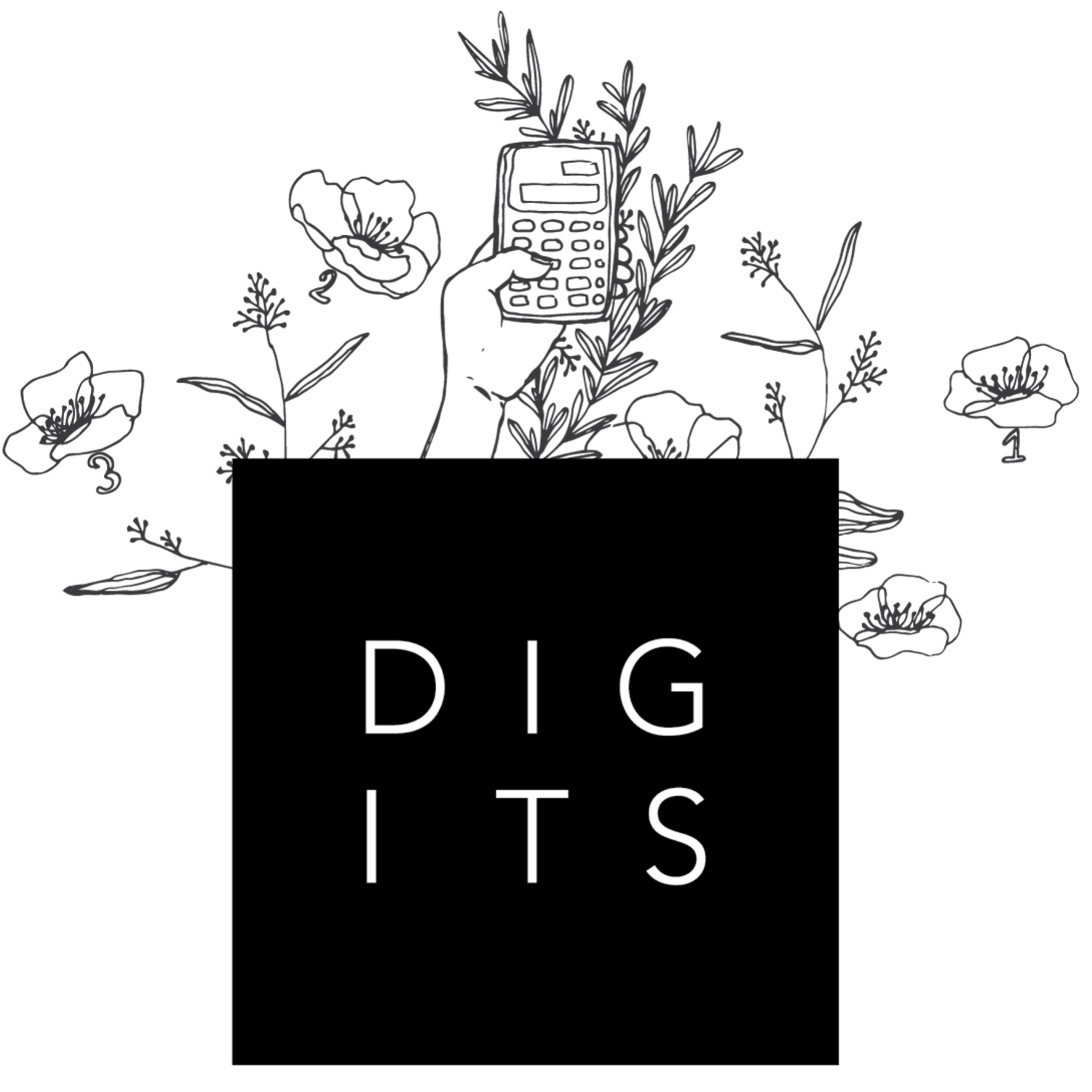Top 5 mistakes DIY bookkeepers make
I have had many clients who nurture their own bookkeeping process where I simply get involved in the tax preparation and submission part.
I have seen it all! Nothing you show me will bowl me over!
Today I am sharing the top 5 mistakes I encounter and encourage you to ensure you’re not making the same bloopers.
NUMBER ONE | CLAIMING PERSONAL EXPENSES
You get to deduct business expenses from your sales in order to reduce your profits and therefore pay less tax. Personal expenses do not qualify.
Where personal expenses overlap with business usage you may only claim a portion of the expense.
Rent is a firm favourite amongst disallowed expenses to claim (read on). You can only claim the portion of rent that your home office takes up in relation to your full house. This home office has to be a dedicated home office used exclusively for business purposes. This means you cannot add up your dining room table and guest toilet as ‘business use’.
I see medical aid amongst business expenses entrepreneurs claim all the time. Nope, medical aid is personal and can only be claimed on your tax return, not by lowering your business profits.
Trips to the hair salon and Forever New pops up more often than not. No, unfortunately you cannot claim the process of looking your best and neither the clothes you wear.
NUMBER TWO | NOT INCLUDING TRANSACTIONS PAID BY CREDIT CARD
Usually recording all of your expenses means sitting with your physical bank statement and identifying the transactions that were for business purposes.
Many forget to scrutinise their credit card statements for purchases made that were for your business. Facebook ads and monthly subscription charges are amongst the favourites that appear on credit card statements which are often forgotten.
NUMBER THREE | INCORRECT USE OF QUOTES AND INVOICES
A quote is a document you should be issuing your clients in the proposal process. Once a quote has been accepted , an invoice must be issued to the client. I often see money received that have no corresponding invoices in my client’s profile, this is often because a quote was issued and accepted by their client, but no invoice was ever issued to record the sale.
Another issue I see with invoices is the use of the word ‘tax invoice’. Tax invoice is a term used by businesses that are VAT registered. VAT is not a tax that you are automatically registered for, nor is it a tax you get to choose to use when it suits you. If your business is VAT registered, your invoice has to say ‘tax invoice’ when issued to a client, but if you are not, you may not make use of the term ‘tax invoice’.
The last observation I want to add is that your list of invoices should all be fully paid up or you should be expecting payment in the near future. Often entrepreneurs have invoices on their list that they never received the payment for. This may be through the use of invoices in stead of quotes in a proposal process where the proposal was never accepted, yet there is an invoice in your books for that transaction.
What needs to happen is your invoice must be ‘reversed’ as the sale never went through. This must be done by issuing a credit note for the transaction which will reverse the record of the sale in your books. If this is not done you end up with sales transactions that you pay tax on for which you never actually received the funds. Last thing to remember here is that you cannot and should never ‘delete’ an invoice from your books. This raises suspicion and looks like you are hiding revenue. Stick to issuing credit notes for all of the invoices that needs to be cancelled.
NUMBER FOUR | NOT KEEPING RECEIPTS
For ever expense you are claiming you need the receipt. This usually means the invoice or till slip that you receive when you purchase something or pay for a service. Please keep the actual invoice which shows what it is that you bought or paid for and not simply the credit card slip that you got as proof that the payment went through. Keep all of your till slips and invoices received for at least 5 years. This can be the actual receipt or a digital copy. SARS may ask for these to substantiate the expenses you are claiming and if they do, and you don’t have the invoice they may disallow that expense which means your profit increases and your tax payable increases.
NUMBER FIVE | RECORDING PAYMENTS TO THEMSELVES AS SALARIES
Let’s be very clear. If you are a sole proprietor the money your business makes all belongs to you, meaning any payments you make to yourself do not qualify as an expense in your business. The money you pay to yourself is called owners drawings and does not touch your expenses in your income statement at all.
If you have registered a formal company with CIPC the payments to yourself may qualify as a salary expense reducing your profits only when your business is registered for payroll taxes and you are issuing yourself with a formal payslip each month and your business is paying over the payroll taxes to SARS monthly.
Feel free to download a copy of my tax deductions list as a general guideline for what you can claim as an expense in your business.
Hanneke Barlow is an accountant to creatives. She has 10 years of hands-on experience in the accounting & tax fields. Her wild passion for the creative industry sparked an entire revamp of her once freelance accounting services. It bloomed and exploded into a trend-setting business providing tailored tax and accounting packages. She has helped hundreds of creatives by guiding their accounting and tax journey.

